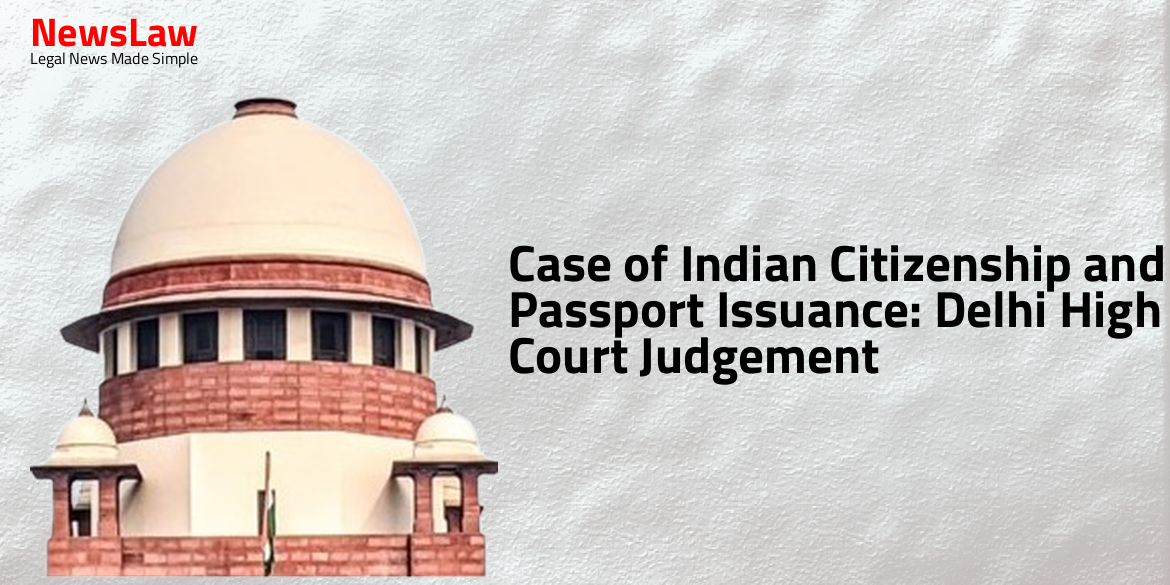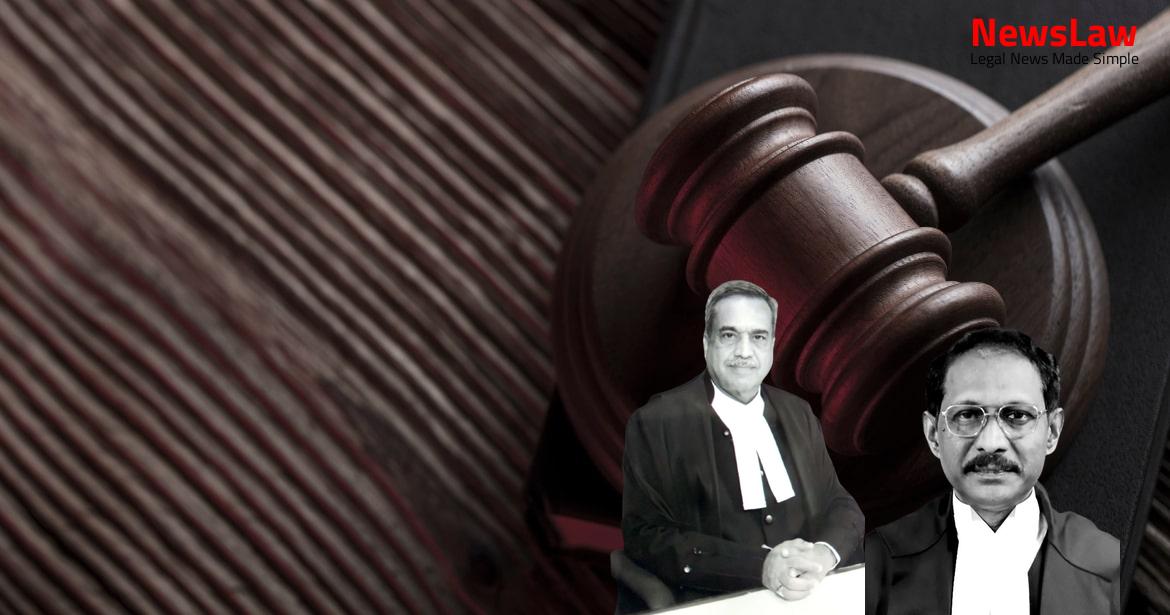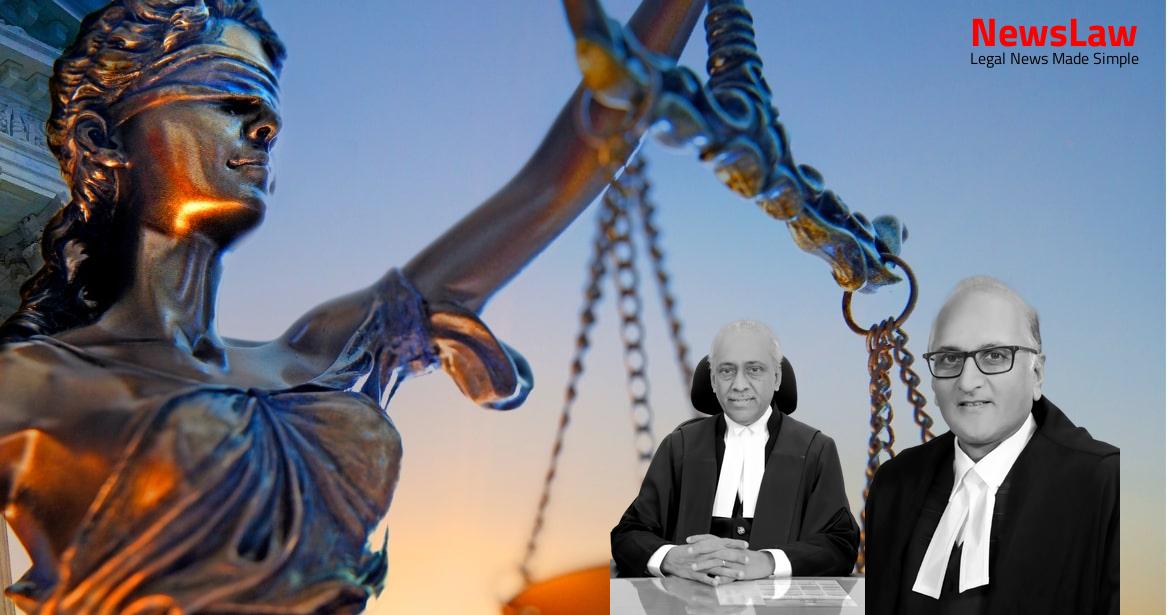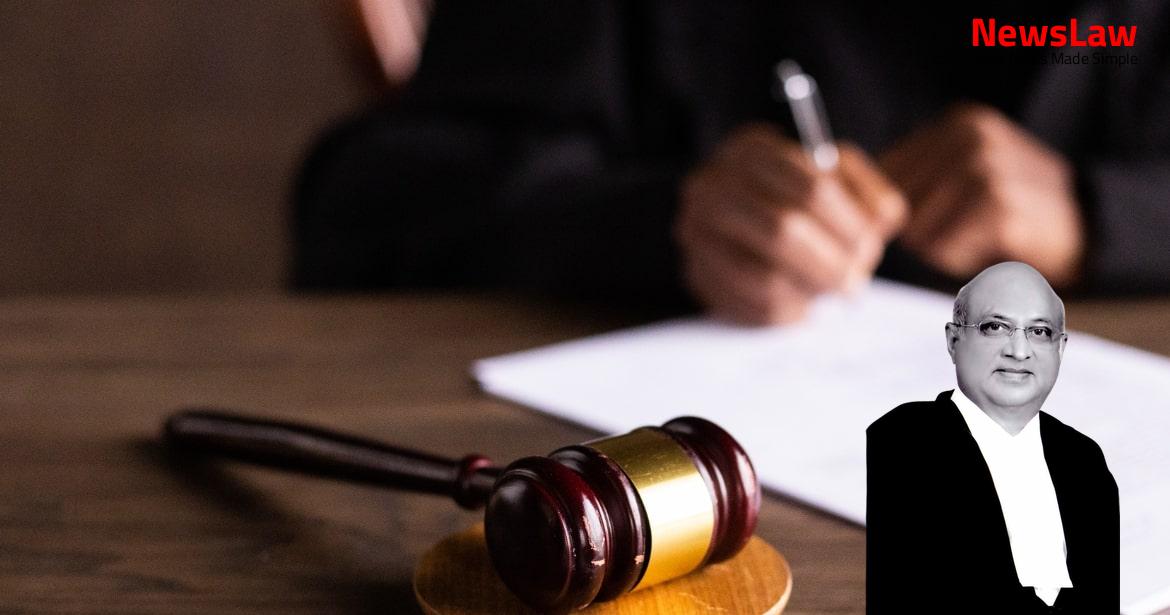The Delhi High Court recently pronounced a significant judgement in the case concerning Indian citizenship and passport issuance. The ruling addresses key issues related to human rights and legal interpretation. Stay tuned to delve into the implications of this crucial decision.
Facts
- The Petitioner filed a writ petition seeking issuance of a passport and quashing of the office memorandum dated 25 October, 2018 issued by the Ministry of Indian citizenship.
- The Petitioner claimed that the Ministry’s circular dated 25 October, 2018 affected their recognition as an Indian citizen, as per various RTIs filed.
- The Office Memorandum referred to by the Petitioner stated that a child born in India does not acquire Indian citizenship automatically unless conditions specified in the Citizenship Act, 1955 and Citizenship Amendment Act, 2003 are met.
- The Office Memorandum aimed to clarify passport issuance to minors, especially related to confirming their Indian citizenship.
Issue
- The Court is considering whether the Petitioner, a minor, can make a declaration before reaching the ‘full age’ to obtain Indian citizenship and apply for an Indian passport.
- The Court will examine the meaning of ‘full age’ as mentioned in the office memorandum.
- The issue of classifying the Petitioner as an ‘illegal migrant’ will be analyzed.
- An assessment of the Citizenship Act, 1955 in relation to the Petitioner’s unique circumstances will be conducted.
- The Court will review how international treaties ratified by India correspond with the Citizenship Act regarding the Petitioner’s case.
Arguments
- The Petitioner’s counsel argues that the impugned office memorandum is discriminatory and arbitrary.
- The Central Government has the authority to register a minor as an Indian citizen under Section 5(4) of the Citizenship Act, 1955.
- The Petitioner does not qualify as an illegal migrant as she has never left India.
- The denial of citizenship to the Petitioner would violate Articles 14 and 21 of the Constitution of India.
- Arguments presented regarding the eligibility of the Petitioner as a person of Indian origin.
- The Petitioner’s legal guardian should be able to exercise rights on her behalf.
- The Petitioner’s parents being registered OCI cardholders should exempt her from being considered an illegal migrant.
- Reference to the Amendment of 2004 to the Citizenship Act, 1955, defining an illegal migrant.
- Mr. Bharadwaj, ld. Counsel for the Petitioner argues that a person of Indian origin can be seen under both Explanation 2 under Section 5 and Section 7(a) of the Citizenship Act, 1955.
- He contends that even descendants of Indian citizens, born after 1947, are entitled to an OCI card.
- The case of Ms. Rachita Francis Xavier, born in India to American citizen parents, raises issues on passport denial based on her parents’ citizenship and the broader implications on citizenship rights.
- Mr. Bharadwaj asserts that the Petitioner, having resided in India since birth, is not an illegal migrant and is eligible for citizenship and a passport under Section 5 of the Act.
- He highlights Section 5(4) granting the Central Government power to register minors as Indian citizens in special circumstances.
- The Counsel argues that the Petitioner, being a person of Indian origin, is entitled to citizenship under the Citizenship Act, 1955.
- Lastly, he mentions Section 8 proviso, stating the Petitioner can assume citizenship upon turning 18, which is pending as she is currently 17 years old.
- The Court analyzes the legalities under the Citizenship Act, 1955, and Passports Act, 1967, considering constitutional and international human rights standards.
Analysis
- Conditions under Citizenship Act, 1955 must be satisfied for a child to qualify as a citizen of India before issuance of an Indian passport.
- In cases where one parent renounces Indian citizenship and the other parent is an Indian citizen, the child’s citizenship is determined by the parent with legal custody.
- Petitioner’s father affirmed that she never held a US passport or citizenship.
- Petitioner may be deemed a person of Indian origin if her father was born in Undivided India or a territory that became part of India after 15.08.1947.
- Petitioner would have qualified for citizenship under Section 5(1)(f) but is considered a minor and illegal migrant.
- Explanation to Section 5(1)(g) of Citizenship Act, 1955 deems the Petitioner to be of Indian origin.
- Court reviewed Article 17 of the Covenant, emphasizing privacy and family rights.
- Central Government can relax residency period under special circumstances as per Article 17(1A).
- MHA’s Passport Manual clarifies eligibility of a minor for an Indian passport.
- Petitioner’s eligibility for Indian citizenship discussed under different sections of the Citizenship Act.
- United Nations Convention on the Rights of the Child recognizes the right of a child to acquire nationality.
- Explanation of ‘illegal migrant’ under Citizenship Act and its relevance to the Petitioner.
- Petitioner not considered a migrant as she was born in India and has not moved from any other country.
- Parenthood and renunciation of Indian citizenship affect the Petitioner’s entitlement to citizenship by birth or descent.
- The Petitioner’s circumstances are unique and not covered by specific provisions of the Citizenship Act or Passports Act.
- Her closest connection is with India due to her descent, which qualifies as special circumstances under Section 5(4) of the Act.
- The non-grant of citizenship and passport can have negative consequences for the Petitioner and her family.
- The Petitioner could potentially be covered under Section 2(b) proviso as she was born in India prior to December 31, 2014, even though she is not from any identified country.
- Both parents being OCI card holders and the circumstances of her birth in India raise questions regarding her citizenship status.
- The denial of a passport to the Petitioner under the Passport Act raises concerns about arbitrary deprivation of citizenship rights.
- The interplay between domestic law and international law, specifically the UDHR, highlights the significance of nationality as a fundamental human right.
- The UDHR emphasizes that no one should be arbitrarily deprived of their nationality, highlighting the violation of the Petitioner’s rights in this case.
- The Petitioner’s unique circumstances of being effectively stateless despite substantial ties to India underscore the violation of her human rights.
- The impugned office memorandum fails to address scenarios where a minor seeks Indian citizenship and a passport with foreign national parents.
- The Petitioner qualifies as a person of Indian origin and does not fall under the definition of an illegal migrant.
- The examination of the Citizenship Act, Passport Act, and international legal obligations aims to protect the Petitioner’s rights in this case.
- The Citizenship Act, especially Section 5(4), provides for granting citizenship under special circumstances, which could apply to the Petitioner’s case.
- The Petitioner may be entitled to citizenship by registration under the category of ‘person of Indian origin’ based on her education and ties to India.
- International law extends beyond regulating relations between States to encompass social concerns like health, education, and economics, including human rights.
- India’s obligations under UDHR and ICCPR influence interpretation of domestic laws, particularly with regard to human rights and fundamental freedoms.
- Alignment with international law is encouraged as long as it does not conflict with existing municipal law.
- Municipal law should be interpreted in line with international legal standards and treaty obligations, especially in cases where domestic law allows for different interpretations.
- Courts should prefer interpretations of domestic law that align with international law and treaty obligations to foster respect for international legal standards.
- Courts should lean towards interpreting municipal law in harmony with international law, particularly in cases where the domestic law can be construed in multiple ways.
- The judgement in Jolly George Varghese v. Bank of Cochin emphasized that imprisoning a debtor for contractual obligations should be consistent with Article 11 of the International Covenant on Civil and Political Rights.
- The interpretation of Article 21 of the Constitution should conform to international legal standards, as observed in the judgment.
- India ratified the International Covenant on Civil and Political Rights on 10 April, 1979.
- Special circumstances exist in the present case.
- Central Government has the power to grant citizenship under Section 5(4).
- Enabling powers should be used to consider favorably granting citizenship to the Petitioner.
Decision
- The Petitioner is permitted to apply for registration as a citizen under Section 5 of the Act.
- The application shall be processed within 30 days, upon completion of all formalities.
- Upon obtaining citizenship by registration, the Petitioner shall apply for a passport under the Passports Act, which shall be granted within 15 days from the date of application.
- The Petitioner herself is acquiring the age of majority in November 2024 and has expressed her intent and choice to be an Indian citizen.
Case Title: RACHITA FRANCIS XAVIER Vs. UNION OF INDIA & ORS (2024:DHC:3942)
Case Number: W.P.(C)-1754/2020



